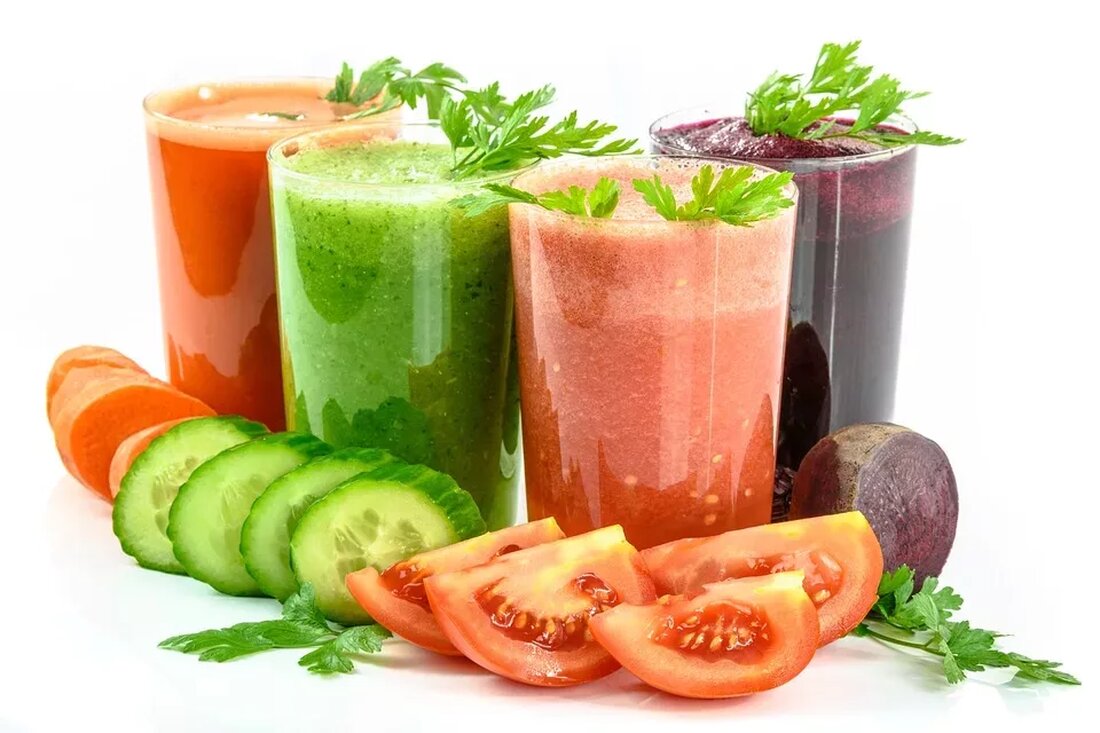Vegetarianism: Different Types Explained
Vegetarianism: Different Types Explained Vegetarianism is a diet that is becoming increasingly popular. More and more people are choosing to avoid consuming meat and fish. There are different types of vegetarians who restrict their diet in different ways. This article explains the different types of vegetarianism. What is vegetarianism? Before we delve into the different types of vegetarianism, it is important to define the term vegetarianism. Vegetarianism is a diet that avoids consuming meat and fish. However, most vegetarians still eat animal products...

Vegetarianism: Different Types Explained
Vegetarianism: Different Types Explained
Vegetarianism is a diet that is becoming increasingly popular. More and more people are choosing to avoid consuming meat and fish. There are different types of vegetarians who restrict their diet in different ways. This article explains the different types of vegetarianism.
What is vegetarianism?
Before we delve into the different types of vegetarianism, it is important to define the term vegetarianism. Vegetarianism is a diet that avoids consuming meat and fish. However, most vegetarians still eat animal products such as milk, eggs and honey. Avoiding animal meat can be for ethical, health or environmental reasons.
Lacto-ovo vegetarian
The most common form of vegetarianism is lacto-ovo vegetarianism. Lacto-ovo vegetarians avoid meat, fish and seafood, but still consume animal products such as milk, eggs and honey. This form of vegetarianism is common in many cultures and offers a wide range of foods to choose from.
Lacto-vegetarian
Lacto-vegetarians avoid meat, fish, seafood and eggs, but continue to consume milk and dairy products. This form of vegetarianism can be chosen for ethical reasons to avoid killing animals. Dairy products provide an important source of calcium and protein in these vegetarians' diets.
Ovo-vegetarian
Ovo-vegetarians avoid meat, fish, seafood and dairy products but still consume eggs. This form of vegetarianism can involve more technical limitations, as many foods may contain animal products, such as baked goods or desserts that contain eggs. Ovo-vegetarians must therefore pay particular attention to keeping their diet balanced and varied.
Pescatarians
Pescatarians avoid meat, but not fish and seafood. This form of vegetarianism is often chosen as a transitional stage to a completely vegetarian diet. Pescatarians benefit from the health benefits of fish and seafood, such as omega-3 fatty acids. At the same time, they reduce their impact on the environment and the consumption of meat.
Veganism
Although veganism does not fall directly under the types of vegetarianism, it is still closely related to this topic. Vegans not only avoid meat, fish, seafood, milk and eggs, but also all animal products, including honey and gelatin. Often chosen for ethical reasons, veganism also includes avoiding animal products in other aspects of life, such as clothing or cosmetics.
The benefits of vegetarianism
Vegetarianism offers a variety of benefits, both for individual health and for the environment. A plant-based diet can reduce the risk of heart disease, diabetes and some cancers. At the same time, avoiding meat and fish can help reduce water consumption and reduce greenhouse gas emissions.

 Suche
Suche
 Mein Konto
Mein Konto
